Image Quality
The sensor in the Nikon Zf is a bit of a known quantity. For the most part, this is the same sensor from the Z6 II as well as the original Z6, save for a few small tweaks. However, this is the first camera using that sensor with the Expeed 7 processor, which may add a few small improvements. With that said, performance on the Zf’s sensor should be very much in line with the Z6 II.
Dynamic Range and Color
Sensor quality has reached a sort of plateau over the past 7-8 years, perhaps even up to 10 years ago. As such, the sensor in the Nikon Zf doesn’t break any new ground with regards to dynamic range, but what it does do is maintain the excellent dynamic range that was present in earlier Z6 models. And while the sensor isn’t brand new, it is still competitive with any of the modern 24 megapixel full-frame sensors. And that level is, without question, excellent.
The Nikon Zf’s RAW files provide a wide latitude for exposure adjustments, with minimal noise in the shadows, even when raising them significantly. On my recent trip to Italy, where much of my shooting was done in the harsh light of mid-day, the Zf’s files contained loads of information. I often bracketed in these conditions, but only very rarely did I ever actually use the extra bracketed exposures, as the base file contained enough information to fully capture the scene.
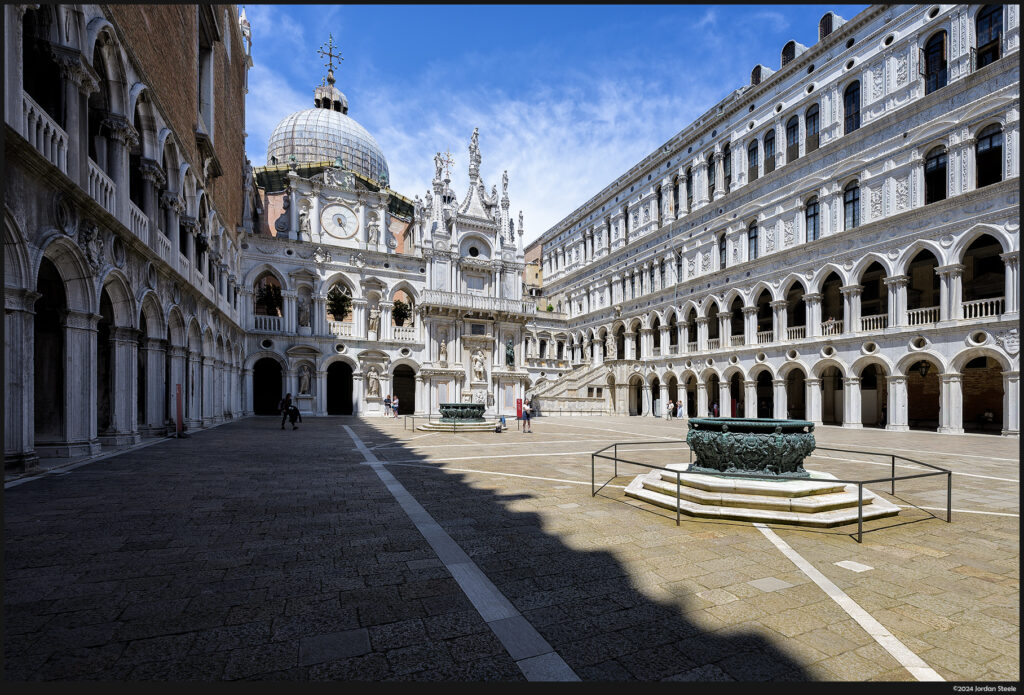
Color response is also excellent with the Nikon Zf, and I have been consistently pleased with both the tonal range and color out of the camera.. Colors are natural, yet punchy, and offer loads of flexibility in post. It’s really everything I could want out of a camera with regards to color and dynamic range.
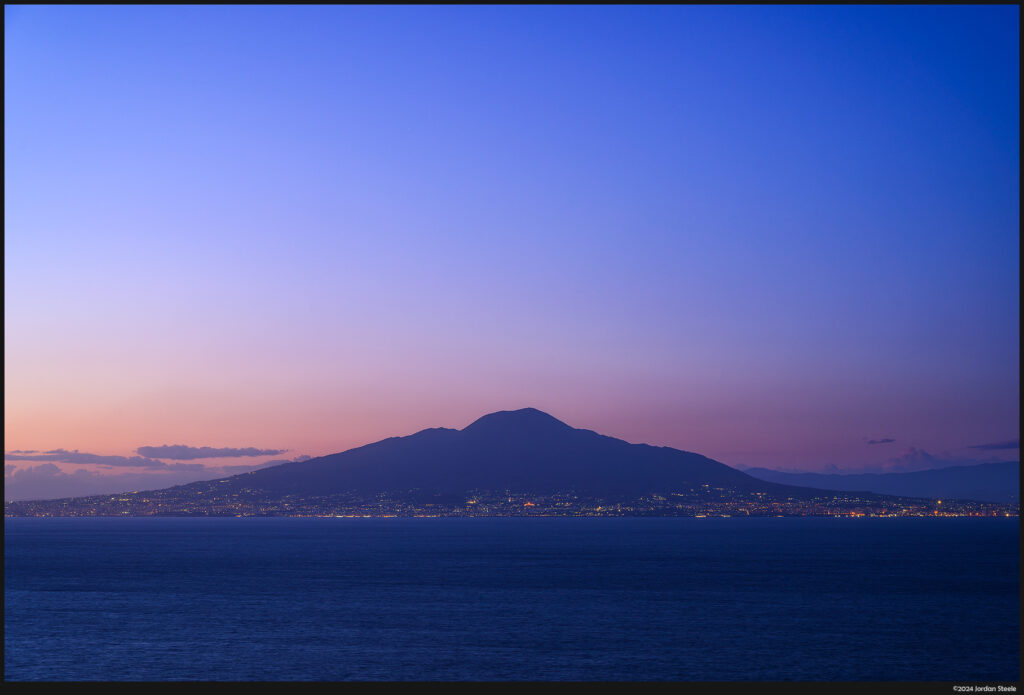
Detail and Noise
The Zf’s 24 megapixel sensor resolves much how you would expect any 24 megapixel sensor to resolve, with plenty of detail to make prints up to around 20×30 inches, and even larger if you aren’t going to examine things up close. While many people feel the mid-range has been ‘stuck’ at 24 megapixels for too long, I honestly find it an outstanding sweet spot. There’s plenty of resolution for making prints, even larger prints, while keeping file sizes smaller and manageable. Even though I love the higher resolution of my Z8 for wildlife shooting and landscape work, if I’m honest with myself, I don’t really need more than 24 megapixels for my daily shooting.
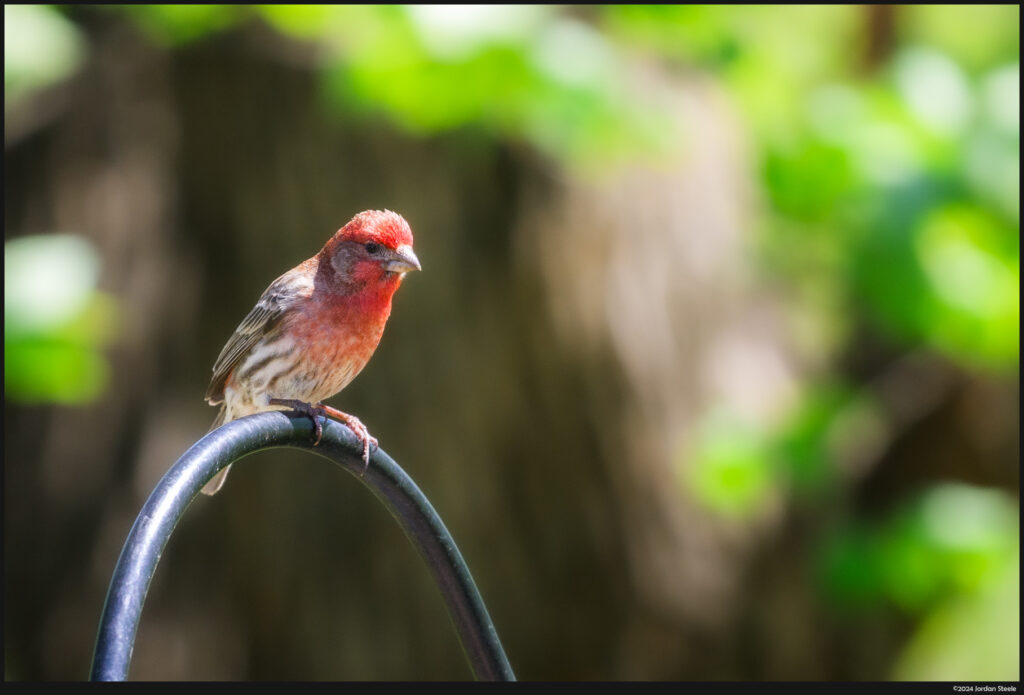
The sensor in the Zf does control noise very well, with images up to ISO 800 looking very clean, even upon close examination, and ISO 1600 and 3200 shots still being clean enough for most any use, including large prints. The shot above, taken at ISO 3600, does not have noise reduction applied. Higher ISOs are also quite usable, but the visible noise will start to degrade quality a little. Still, I have no qualms whatsoever about using the Nikon Zf at ISO 6400 or 12,800, and even 25,600 if I need to. Noise is fairly strong at that ISO, but still usable, especially with modern noise reduction tools. ISO 51,200 starts to become a bit too far, but it’s extremely rare that I ever need such sensitivities, especially given the outstanding in-body stabilization on the Zf.
Video
As anyone familiar with this site knows, I am not a videographer. And in fact, I have only really shot one video with the Zf in the seven months I’ve owned the camera, and that was during the total solar eclipse. The Zf actually has a fairly full featured video spec, but I’m not really the right person to dive into all that. I shot the video below using the standard color profile at 4K @ 30 fps. Some minor adjustments done in DaVinci Resolve. Be sure to select 4k resolution for the menu for maximum quality, though there is still some loss of fidelity to the file due to YouTube’s compression.


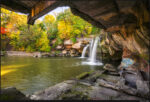

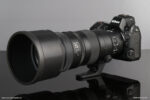
Leave a Reply